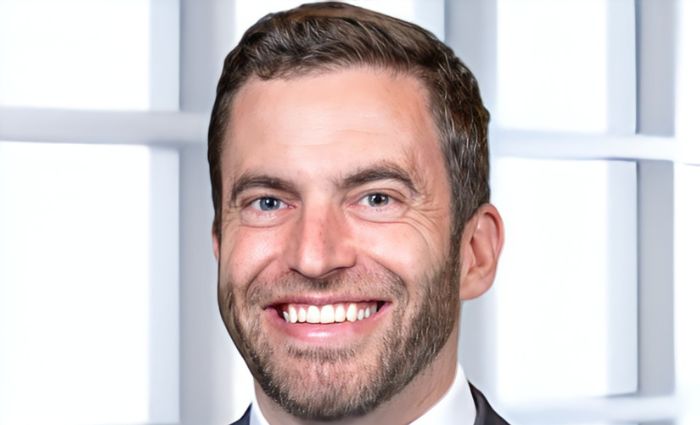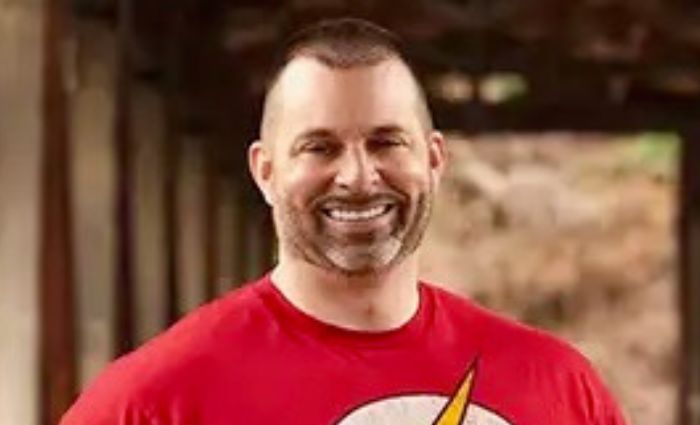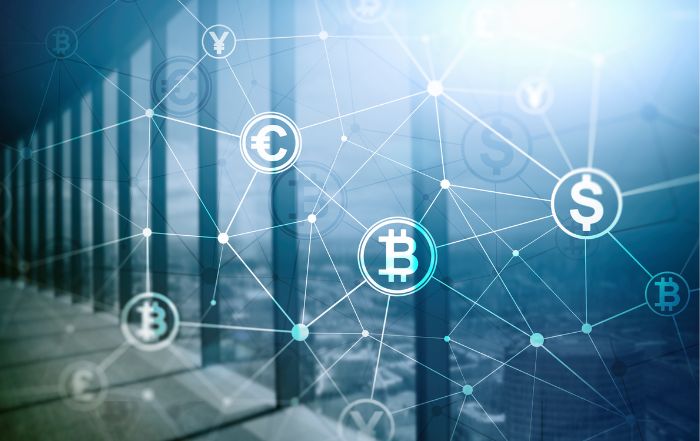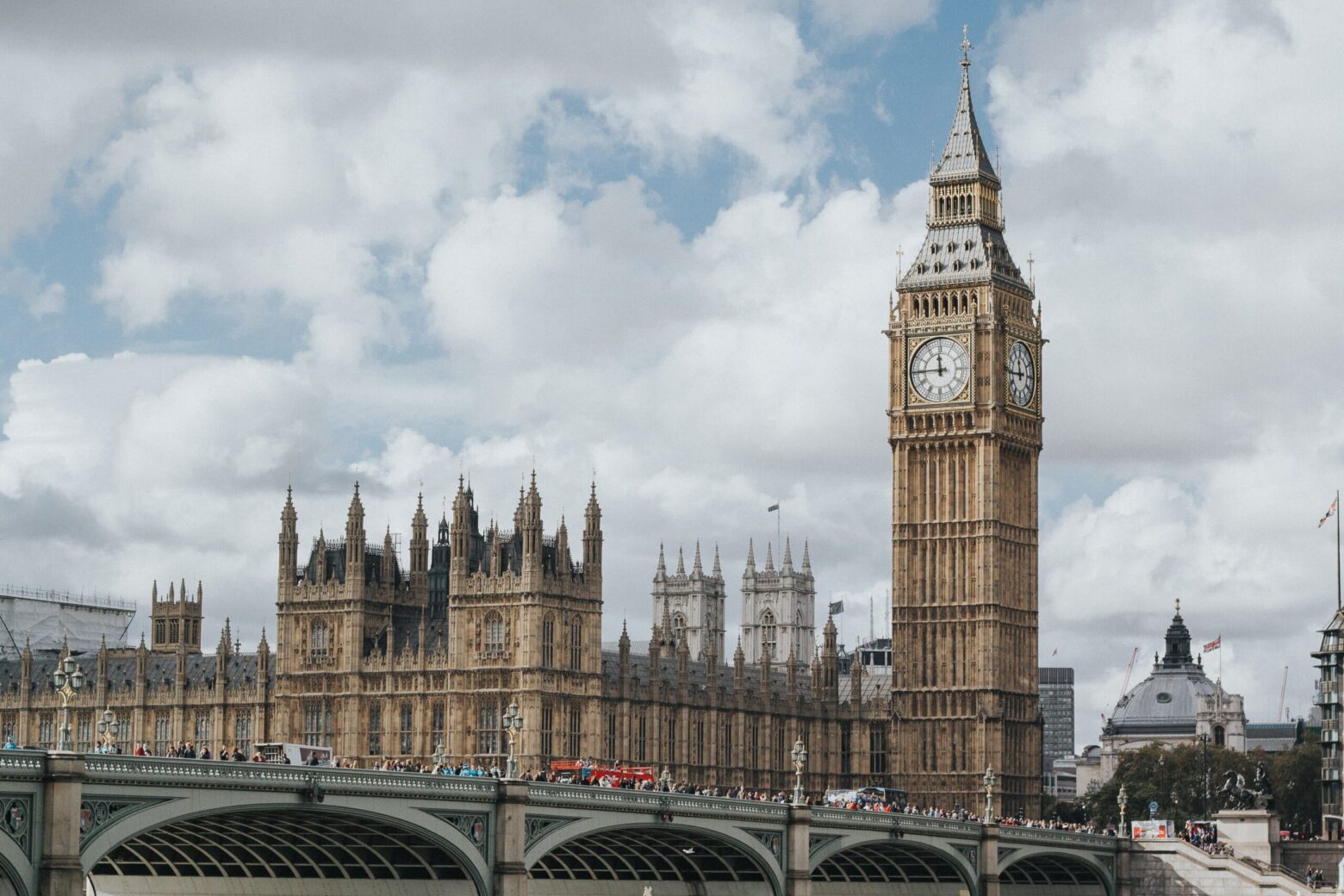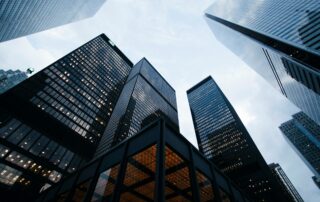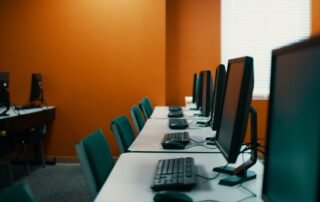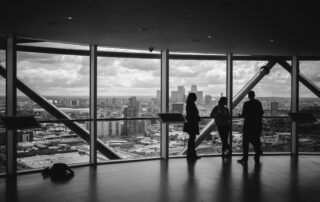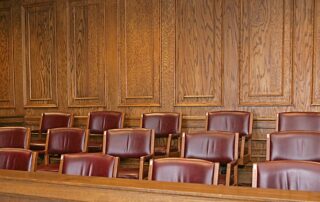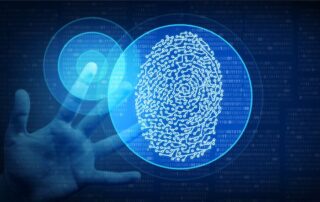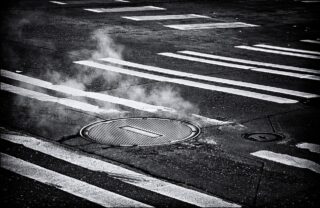Emerging Litigation Podcast
The EPA’s New PFAS Safe Drinking Water Rule with John Gardella
In this episode, we dive into one of the hottest topics in environmental law right now: PFAS. Specifically, our guest, John Gardella of CMBG3 Law talks about the EPA’s new PFAS Safe Drinking Water Final Rule, which mandates acceptable levels of PFAS in public water systems. John is a leading voice in PFAS litigation and a recognized thought leader, known for his expertise in environmental and toxic tort litigation. Tune in now!
The Long and Brawny Arm of the Foreign Corrupt Practices Act with Mark Bini and Tom Suddath
Hey! Corporate corruption costs $5 trillion a year! In this episode two former prosecutors talk about the Foreign Corrupt Practices Act, the government’s leading weapon in its global war on corporate crime. They also talk about the new statute on the block, the Foreign Extortion Prevention Act, and the many complexities of this fascinating area of the law. Check out our interview with Reed Smith attorneys Mark Bini and Tom Suddath. They know this area of the law inside and out.
False Claims Act, Health Care Whistleblowers, and Whistling in the Wind with Justin Lugar
In this episode, we discuss How whistleblower cases come about, the benefits of rewarding whistleblowers, how things are done differently outside the U.S., what’s driving the acceleration of this area of law, and best practices when your company is served with guest Justin Lugar of WoodsRogers. Drawing on his background as both public servant and private practitioner, Justin walks through these issues and others.
A Shameless Plug for Our Content Services
Your content marketing is everything you’ve ever dreamed of. Right?

Critical Legal Content was founded by Tom Hagy, former Editor & Publisher of Mealey’s Litigation Reports and VP at LexisNexis, founder of HB, current litigation podcaster and editor-in-chief. CLC’s mission is to help smaller firms and service providers not only create content — blogs, articles, papers, webinars, podcasts (like the stuff on this site) — but also to get it out there. How? Via social media, this website, your website, and potential via our podcast and journal which we publish in collaboration with vLex Fastcase and Law Street Media. The goal is to attract readers and dizzy them with your brilliance.
*Inspired by actual events.
Create content like a real legal publisher.
Emerging Litigation Journal
From Socks to Strategy: What Zoom Focus Groups Reveal About Your Case with Elizabeth Larrick
Trial attorney and litigation consultant Elizabeth Larrick shares what more than 1,000 virtual focus groups have taught her about trial prep, from testing case narratives to refining jury selection. In this episode of the Emerging Litigation Podcast, discover how Zoom-based sessions reveal surprising insights into witness credibility, evidence presentation, and what really resonates with jurors—yes, even their take on orange socks.
DEI Programs as a Source of Liability for Law Firms and Other Businesses
Two recent cases against international law firms point to an emerging trend in litigation that could have wide-spread implications for diversity, equity, and inclusion (DEI) programs. The author, William "Billy" Jones examines these recent cases filed against the law firms for their DEI fellowships and the potential impacts for law firms and other private businesses.
Judge finds flaws in motion for an injunction against Trump’s wind turbine order
While Trump’s freeze on offshore wind permits faces legal challenge, a federal judge isn’t convinced the states bringing the case have shown enough harm. In this article, guest contributor Justin Ward explains why the motion for an injunction was denied, what it means for the broader battle over renewable energy, and how executive power could stall green infrastructure without ever breaking the law.
HB Webinars on CeriFi LegalEdge
Avoiding the Nuclear Verdict or the Defense Verdict
According to professionals in the insurance industry and the defense bar, the number of nuclear verdicts, or verdicts that exceed $10M, is on the rise. Although the defense may prevail over plaintiffs more often at trial, when the defense loses, they lose big. And plaintiffs who could have obtained needed resources in settlement, sometimes "roll the dice" at trial and get less, or nothing at all. Do clients really want to engage in such high stakes showdowns? Is there a better way to administer "justice?" In this CLE webinar, Mediator Arbitrator Jeff Trueman and Negotiation Educator and Author, John Lowry discuss these very questions. Register for the on-demand webinar today!
Litigation After Biometric Privacy Law Violations
In this CLE webinar, Anderson Kill attorneys, Cort Malone and John Leonard discuss the state of biometric privacy litigation, the regulatory landscape, and insurance coverage considerations and rulings.
Property Insurance Coverage for Emerging Risk of Underground Climate Change
In this CLE webinar, Anderson Kill attorneys, Dennis J. Artese, Ethan Middlebrooks, and Thomas Dupont and professional engineer, Kenneth R. Quigley discuss permutations of policy language and state law that may affect coverage for damage caused by underground climate change, including how state law treats anti-concurrent causation clauses, whether “human-caused” exceptions to earth movement exclusions may apply to underground climate change, and whether “abrupt collapse” exceptions to exclusions for building collapse may apply when undetected structural damage triggered by underground climate change triggers collapse.

